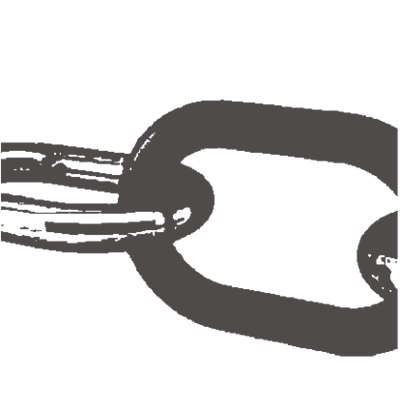Can a spouse’s mental illness be grounds for annulling the marriage?
W polskim systemie prawnym nie każdy może zawrzeć małżeństwo. Art. 10-16 Kodeksu rodzinnego i opiekuńczego wyliczają sytuacje, gdy zawarcie małżeństwa nie jest możliwe ze względu na specyficzne „cechy” osób, które chciałyby zawrzeć małżeństwo. Jedną z przesłanek umożliwiających orzeczenie nieważności małżeństwa jest choroba psychiczna występująca u małżonka w momencie zawierania małżeństwa, jeśli zagraża ona małżeństwu lub zdrowiu przyszłego potomstwa (art. 12 § 1 k.r.o.).

How are works of art insured?
Insurance is encountered in many areas of life, protecting against fortuitous events by transferring risk to an insurance company for a fee. In this regard, art is no exception. But the procedure for taking out insurance on artworks has certain specific features.

The European Single Access Point—a new information obligation for insurers
Insurance and reinsurance companies should soon prepare to comply with a major new regulatory obligation, to transmit data to ESAP. The proposal for implementing this change in Poland has been released on the website of the Government Legislation Centre.

Principle of transparency and certainty of terms in public contracts and beyond
The principle of transparency and certainty of terms are essential for ensuring fair and efficient trade, particularly within the public procurement sector. A case currently before the Court of Justice of the European Union (C-82/24), in which we have the privilege of representing the contractors, underscores the dangers of interpreting contractual terms unpredictably after a contract is awarded, and issues that can arise if governing law is applied inconsistently or arbitrarily to public contracts, disregarding the principle of party autonomy. The opinion issued in the case by Advocate General Sánchez-Bordona explains how EU law can safeguard contractors by preventing such risks.

Amendment to the Polish Sanctions Act: Key changes and new obligations
An act amending the Polish Sanctions Act will enter into force on 26 February 2025. It introduces significant changes to improve the enforcement of sanctions in Poland. But it also poses new compliance challenges for companies. Below we discuss the key points of the amendment.

Poland is implementing the NPL Directive. What will change for market participants?
The Act on Credit Servicers and Credit Purchasers of 20 December 2024 was published in the Journal of Laws on 4 February 2025. It implements Directive (EU) 2021/2167 on credit servicers and credit purchasers, known as the NPL Directive.

State aid in due diligence: What to know before conducting an M&A transaction
Usually, before a business decision is made to merge with or acquire a company, its financial and legal situation is analysed. In this assessment, sometimes state aid is overlooked and not considered a significant risk factor. However, M&A transactions almost always affect the conditions of aid obtained by the company from public funds. The most common source of risk is a change in the status of the business entity (which could mean that the aid becomes improper) or failure to comply with procedures under aid agreements. A finding that state aid was undue or misused may result in an obligation to repay the aid, as well as other legal and financial consequences.

Change of benchmark rates from WIBOR to WIRF in credit agreements
In the coming years, the Polish financial market will face a major change: replacement of WIBOR (the Warsaw Interbank Offered Rate) with a new benchmark, WIRF (the Warsaw Interbank Reference Rate), which is eventually to be named POLSTR (the Polish Short-Term Rate). The change of the benchmark is part of a broader global reform aimed at replacing IBOR-type benchmarks.

Human oversight of AI systems
In its lofty aims and declarations, the EU’s Artificial Intelligence Act clearly calls for human oversight of AI systems. But drilling down to the particular duties of entities using AI systems, the AI Act isn’t so clear. This article seeks to outline the key challenges in this context facing providers and users of AI systems.

Definition of agricultural property
The Agricultural System Act introduces a number of restrictions and obligations related to trading in agricultural property in Poland. Thus it is vital to define precisely what agricultural property is. Incorrect classification of property may render the transaction defective. Below we discuss the definition of agricultural property in light of the Agricultural System Act.

Proceedings before the National Support Centre for Agriculture: Obtaining approval for acquisition of agricultural property
The procedure for obtaining approval for acquisition of agricultural property is highly formalised. Not every entity is eligible to acquire agricultural property. For example, this cannot be done by a commercial company interested in starting agricultural activity. Additionally, strict requirements have been enacted governing the price at which the vendor can offer agricultural property for sale.

Obligations of the purchaser of agricultural property
The current provisions have greatly restricted the possibility of trading in agricultural property, introducing a number of requirements that must be met before acquiring such property. But it doesn’t end there. The Agricultural System Act imposes a number of obligations on the owner following the acquisition.
